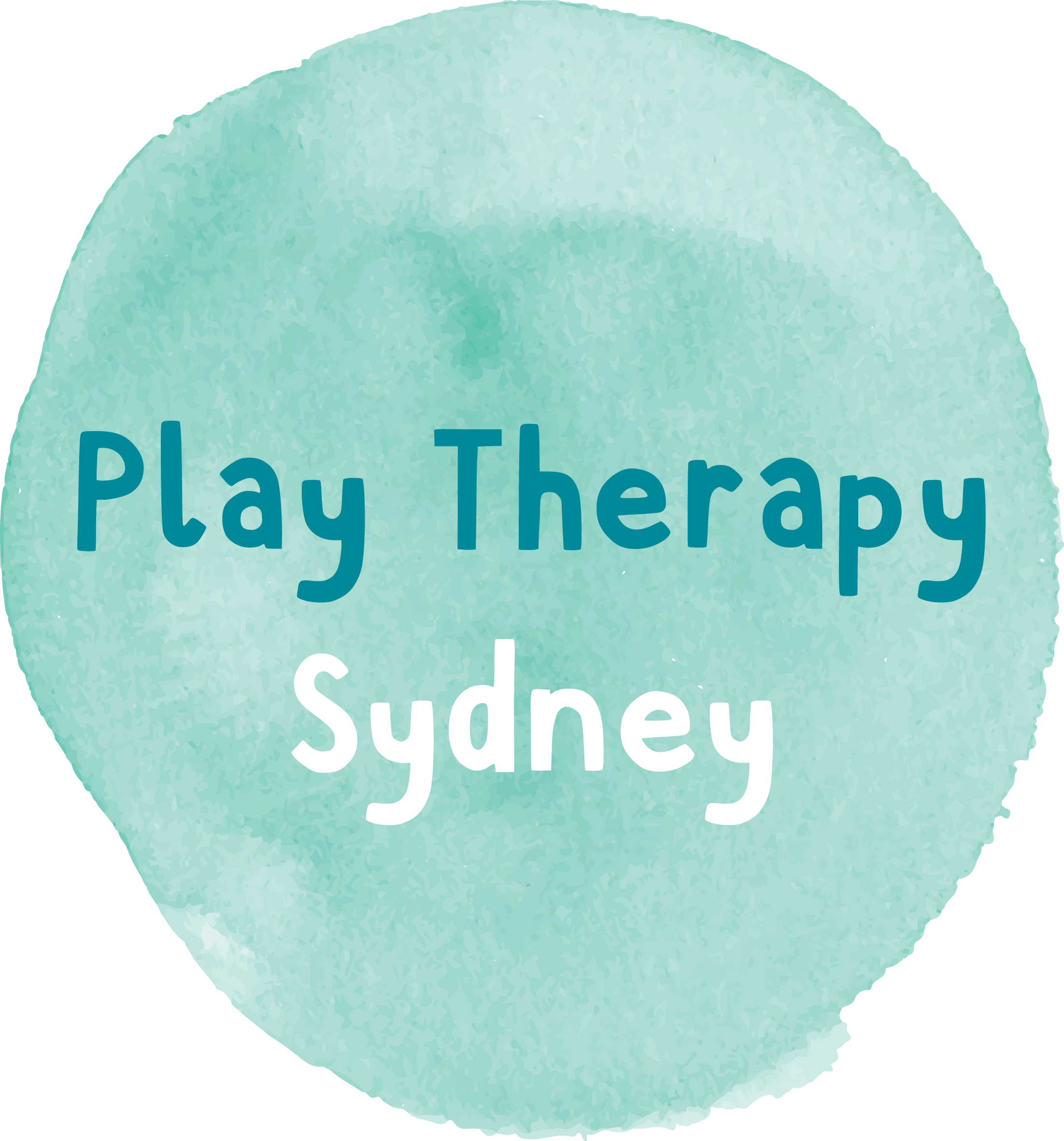PARENTING SUPPORT
Connecting with children during emotional moments is one of the most rewarding parts of being a parent. But it can also be one of the most challenging!
Services:
Parents and/or carers support session
Group program for parents and/or carers
PARENTS AND CARERS SUPPORT SESSION
It can be confusing to know how to respond to the full range of your children’s emotions and behaviours. Tantrums, defiance, meltdowns and all manner of volatile emotional outbursts from our kids can really push our buttons. And which parent has never had a tantrum?! And who hasn’t been embarrassed by public meltdown? Just when you think you’ve worked out what makes your child tick they change.
Angelique can support you as you explore a range of strategies, creative ideas and different approaches to the challenges we all face as parents.
GROUP PROGRAM: TUNING IN TO KIDS
You can book me to facilitate a Tuning In to Kids - Emotionally Intelligent Parenting group program at your own venue or home.
I work with groups of 4 to 10 participants.
Tuning In to Kids (TIK) is a 6-week evidence-based group program that helps parents understand and respond to their child's emotions and foster their child's needs. It was developed by Dr Sophie Havighurst and Anne Harley at the University of Melbourne.
TIK aims to help parents:
be more aware and accepting of emotions in themselves and their child,
develop skills to help their child to name emotions,
share more of the emotional aspects of life with their child,
use Emotion Coaching when solving problems,
know when not to use Emotion Coaching; and
develop their own emotional self-care and emotion regulation skills.
After their parent’s participation in Tuning in to Kids, children will:
have a greater emotional knowledge and regulation,
have more positive social behaviour; and
have stronger and more positive relationships with their family members, peers and others.
After a parent's participation in Tuning in to Kids, families will:
have better family relationships,
experience more closeness and intimacy,
have more positive emotional experiences; and
have fewer experiences of destructive expression when dealing with difficult emotions.
When parents focus on helping their child learn about emotions, the child is more likely to have higher emotional intelligence. This is important because children with greater emotional intelligence:
have more successful friendships and are more able to manage conflict with peers,
have better concentration, which means they are more likely to be successful academically,
are more able to self soothe when upset or angry,
tend to have fewer childhood illnesses,
have more stable and satisfying relationships as adults; and
have greater career success. Studies show emotional intelligence may be a better predictor of academic and career success than IQ!
(Source: Tuning in to Kids manual.)

